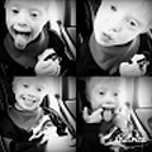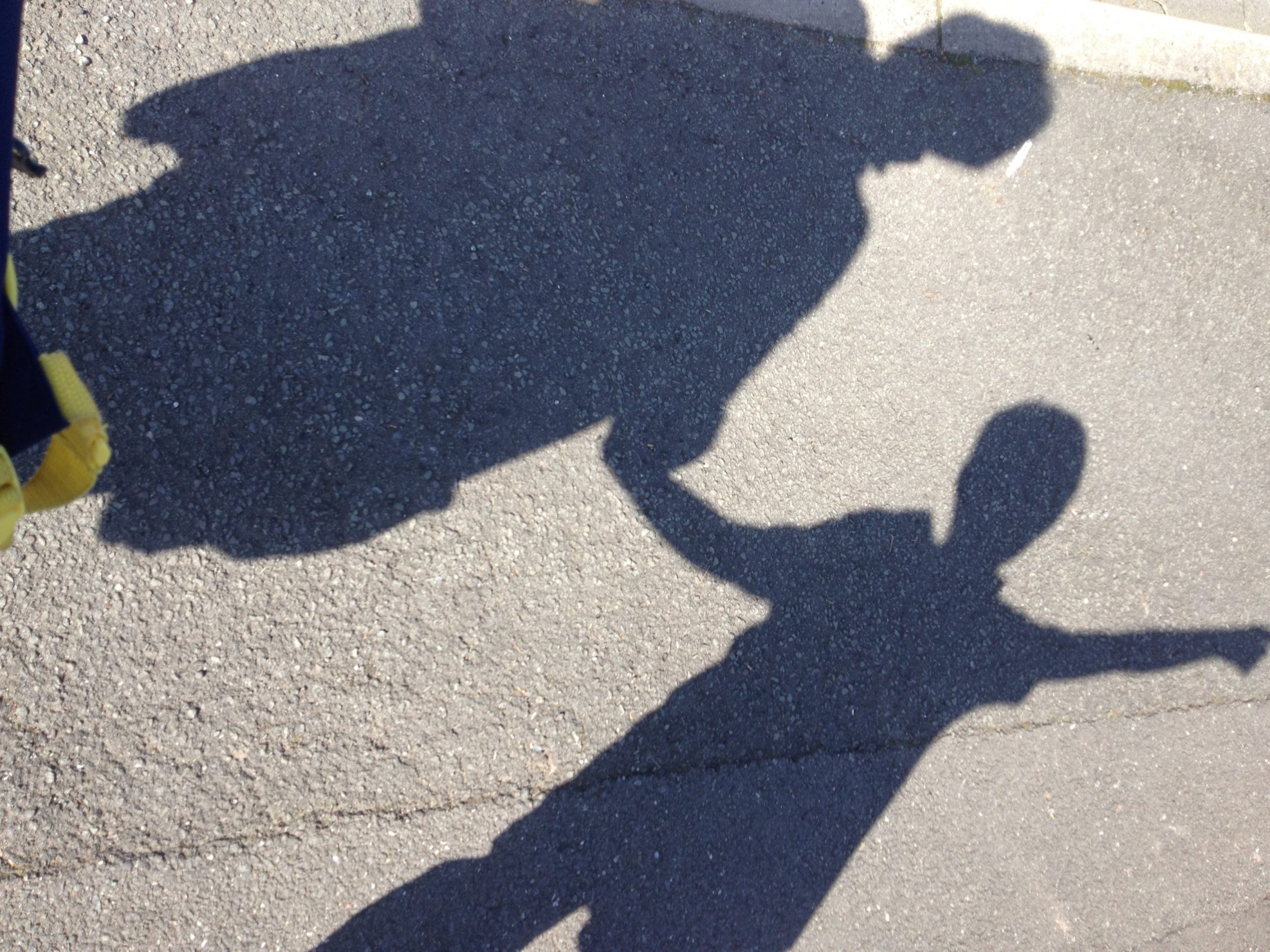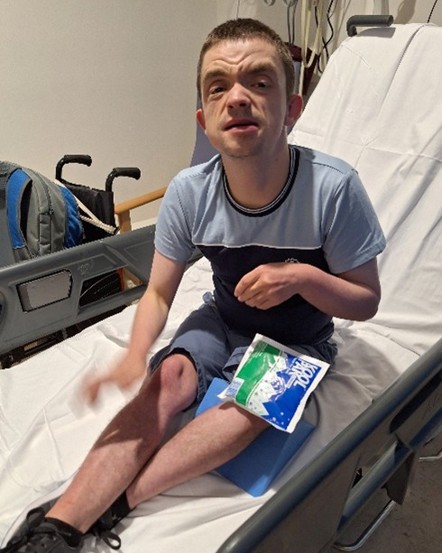Letter To My Adult Autistic Child

Kerry Fender
Down’s Syndrome, my family and me – one mum’s account of family life with an extra chromosome.

It’s the best part of twenty years now since you were diagnosed with Autism, and just over three since you were diagnosed with ADHD. Looking back over those years with hindsight I can see so many ways in which I could, and should, have done better.
I don’t know if I can ever apologise to you enough for my failings.
I’m sorry I didn’t notice sooner that you are neurodivergent.
You were my firstborn, the baby I’d waited for so long. In my eyes you were perfect. I’d never heard of autism, ADHD, dyspraxia. You always seemed so contented and happy, especially once I got you onto a four-hourly feeding schedule.
When you were slower than most to sit, to stand, to walk, I decided that you would do it in your own time and that I was content to wait until you did. But if only I had asked questions, kicked up a fuss, maybe you would have got a diagnosis for your co-ordination issues as a child, opening the door to some kind of help. But now you’re an adult, none of the professionals are interested in exploring the possibility that you have dyspraxia, and you still injure yourself on a regular basis just moving around a room.
When you showed no interest in playing with your toys, but just sat and looked at them without ever picking them up, I thought you just weren’t interested in those particular toys. I must’ve spent hundreds and hundreds of pounds buying different kinds of toys for you on birthdays and Christmases, but you never played with any of them.
As a small child, of course, you couldn’t tell me that you didn’t see the point of play – it took fifteen years or more for you to be able to articulate that. But how did I, as a mother and as a former child, not understand that your lack of play was a red flag?
And I’m sorry that the only vocabulary I have for all of this is the language of deficit and ‘problem’.
It’s the only language I’ve ever been given.
But your disinterest in imaginative play hasn’t really been a problem in the long run, has it? It might have been one of the things that marked you out as different to most of your peers, but your preference for fiddling with gadgets rather than playing with toys has taught you so many skills and ultimately probably helped lay the foundations for your career.
When it was just you and me at home, doing our own thing, we never had a problem, did we? You were gentle, charming, and funny. You noticed things that never entered my head. You taught yourself to read like you’d absorbed the knowledge by osmosis. I was as delighted with you at the age of three as I was the day you were born. We were happy and life was good. It was only when nursery and school came into our lives that the talk of ‘problems’ began.
I’m sorry too, that I listened to the psychologists, teachers and other professionals who told me that I needed to make you ‘fit in’ to the world and behave like your typical peers.
I wish I’d been able to see the harm in this. But the world I grew up in was one of conformity, respect for authority and (especially as a woman) making sure you took up as little space as possible. I can’t believe it’s taken me until now to realise what a crock of you -know-what this is.
I’m sorry I never realised that I ought to listen to adult autistic self-advocates instead.
Then I might have better understood the ways in which your experience of the world might be different from mine.
Then I might have better understood how you might struggle with some of the things that most people take for granted.
And I might not have inadvertently forced you into situations which must have been almost unbearably uncomfortable for you.
But it wasn’t so easy to find people back then. I didn’t know about social media in those days. I’m not sure Twitter was even a thing. Tiktok definitely wasn’t.
I’m sorry that I didn’t fight harder to get you the help you needed.
I was told repeatedly that there was no help for us – none of the services available in our area had a remit to work with us because you had no learning disability. So, I accepted this and booked myself onto every free course I could (the only ones we could afford) to try to help you myself. But on my own I wasn’t enough. I wish I had made more fuss, kicked up a stink, shouted from the rooftops, until somebody, somewhere, listened.
I’m sorry that I didn’t realise that autism wasn’t the only issue.
The fact that none of your teachers nor the Autism Outreach Team ever noticed either is of no comfort to me. I should have known.
I’m sorry that in all these ways, and others, I haven’t been the mother you needed me to be.
But I’m not sorry you’re autistic, because autism is part of the person that you are. And I love you exactly the way that you are. I am as delighted with you now as I was the day you were born.
And even in the hard hours, that never changes.


